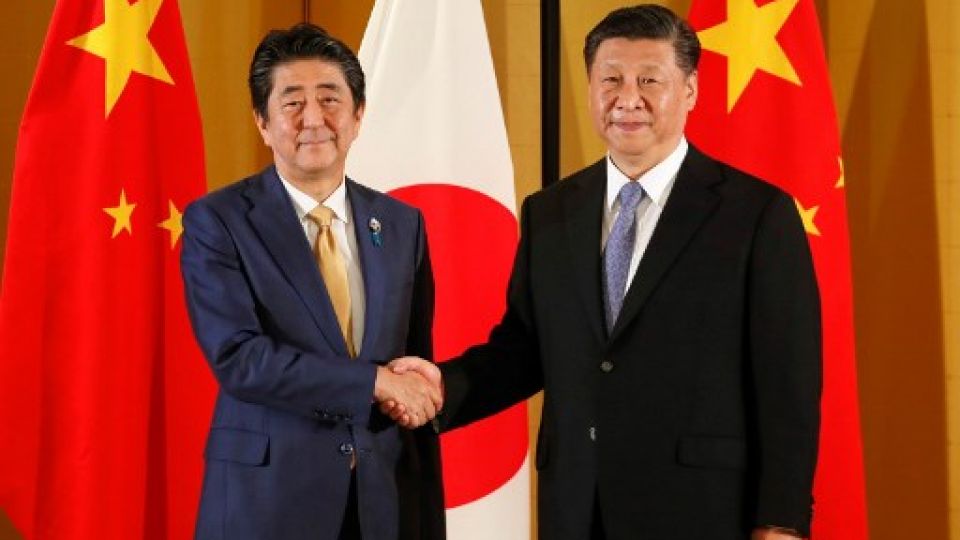February 17, 2020
The spread of a new type of coronavirus has prompted some ruling and opposition party members to call for postponing the planned April visit by Chinese President Xi Jinping.
If the number of infection cases in Japan increases further, the government is likely to come under pressure to reconsider the visit.
On Friday, some members of the Liberal Democratic Party, such as Shigeharu Aoyama, a House of Councillors member who belongs to a group to protect Japan’s dignity and national interests comprising the party’s conservative lawmakers, visited Deputy Chief Cabinet Secretary Naoki Okada at the Prime Minister’s Office and submitted a statement opposing Xi’s upcoming visit. Okada expressed his intention to convey the message to Prime Minister Shinzo Abe.
“The Japanese government and the Emperor could be used for political purposes such as an errant declaration of an end [to the virus outbreak],” Aoyama told reporters afterward.
After the severe acute respiratory syndrome (SARS) spread from China in November 2002, it took the World Health Organization about eight months to declare an end to the outbreak.
Within the LDP, a few members believe the spread of the virus infections will come to an end by April.
“Mr. Xi also might be far from thinking about his visit to Japan, because he has been occupied with countering the infections in China,” a longtime LDP member said.
Such cautious views have been also voiced among some opposition parties.
“Isn’t it necessary to respond to the public concern?” asked Akira Koike, head of the Japanese Communist Party’s secretariat.
Tetsuro Fukuyama, secretary general of the Constitutional Democratic Party of Japan, referred to the need to postpone Xi’s visit. “We should make a decision by closely watching the situation,” Fukuyama said at a press conference Wednesday. “Both in China and Japan, the first priority is to bring this issue to an end.”
On the other hand, Chief Cabinet Secretary Yoshihide Suga stressed at a press conference on Friday: “We will proceed with the preparations to carry out the plan as scheduled. I don’t assume that Japan will move first to ask China for the postponement.”
Senior LDP members have supported this stance by the government. Hiroshige Seko, secretary general for the LDP in the upper house, said at a press conference, “Because of this timing, it is important for the leaders of the countries to mainly focus on this issue.”
The LDP’s ruling coalition partner Komeito is also seeking a “success” in Xi’s visit to Japan.


